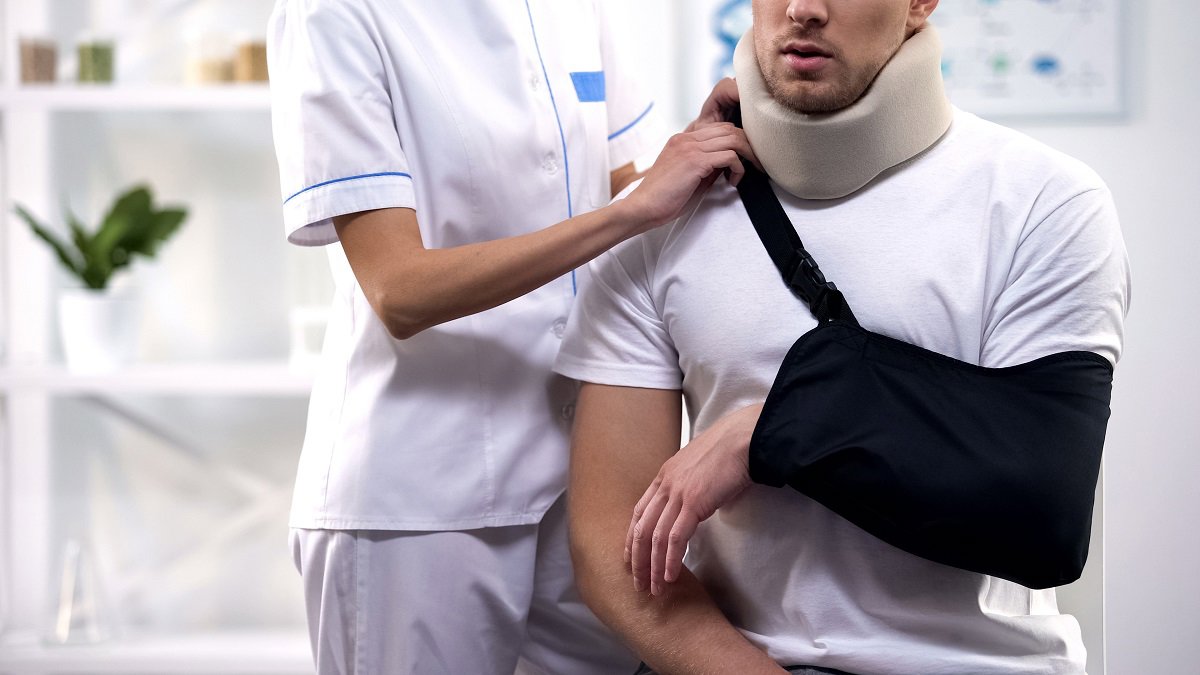Best Interests
This is in stark contrast to today where patient autonomy is paramount, and our Human Rights are protected by law. It is no longer acceptable for doctors to enforce their view of what is best without the patient’s agreement. Responsible clinicians should offer guidance and answer questions so that a patient fully understands what their treatment involves, as well as any consequences, risks and/or adverse effects it might have.
The law recognises that someone as young as 15-year-old is able to make an informed choice of their own volition about their health and suggests 16-18 year olds should be treated as adults when making medical decisions. For younger children the consent falls to somebody with 'parental responsibility', such as the mother, father or a legal guardian.
The absence of a parent or guardian does not give the doctor or the State authority to make decisions however, as was the case at the Richmond Hill Approved School in 1967. It is essential that participants or their parents if they are under 15 are given all the information they need.

Consent is key
One of our senior Medical Negligence Solicitors said "Consent is key when it comes to prescribing treatment, with the autonomy and best interest of the patient, young or old, being at the heart of everything the medical profession now does. When this is called into question, it is for the court to determine whether sufficient information was provided, allowing the patient to make an informed decision, as opposed to undertaking what is simply standard medical practice in their situation."
"In cases where there is a dispute between the parents of a child or an adolescent patient and a clinical team over treatment, the court is guided, again, by what is in the child's best interest, which, in certain cases, overrides a lack of consent from the parent or child."
"What the release of the file regarding the Richmond Hill Approved School demonstrates is how far we've come since then. Consent aside, the level of information given to the boys back then would've been far less than is required nowadays. Whether the tests resulted in any adverse effects is unknown, although the drug had been approved for use on humans, so was not itself inherently dangerous."
"Another question hanging over these trials is whether – despite Home Office approval to go ahead – they complied with the principles of the European Convention on Human Rights (ECHR), which was ratified in the UK in 1951. This could play a key role in any legal proceedings that arise following this recent disclosure."
"It is unclear whether any modern court would approve of what happened in 1967 applying the standards that were then in place, which is why it's important that incidents like these are out in the open and those affected are able to seek careful advice and legal redress, ensuring it never happens again."

This case is as an example of how important consent is when it comes to drug tests and trials, especially in respect of children. In these situations parental consent is important because parents can understand the potential impact of the recommended treatment/ drugs on their child and be able to make an informed decision as to whether their child or children should participate.
It’s important that anyone who was involved with a drugs test or trial comes forward and speaks about their experience. More awareness there is around cases like these the better equipped we are to make sure this doesn’t have to happen again.













